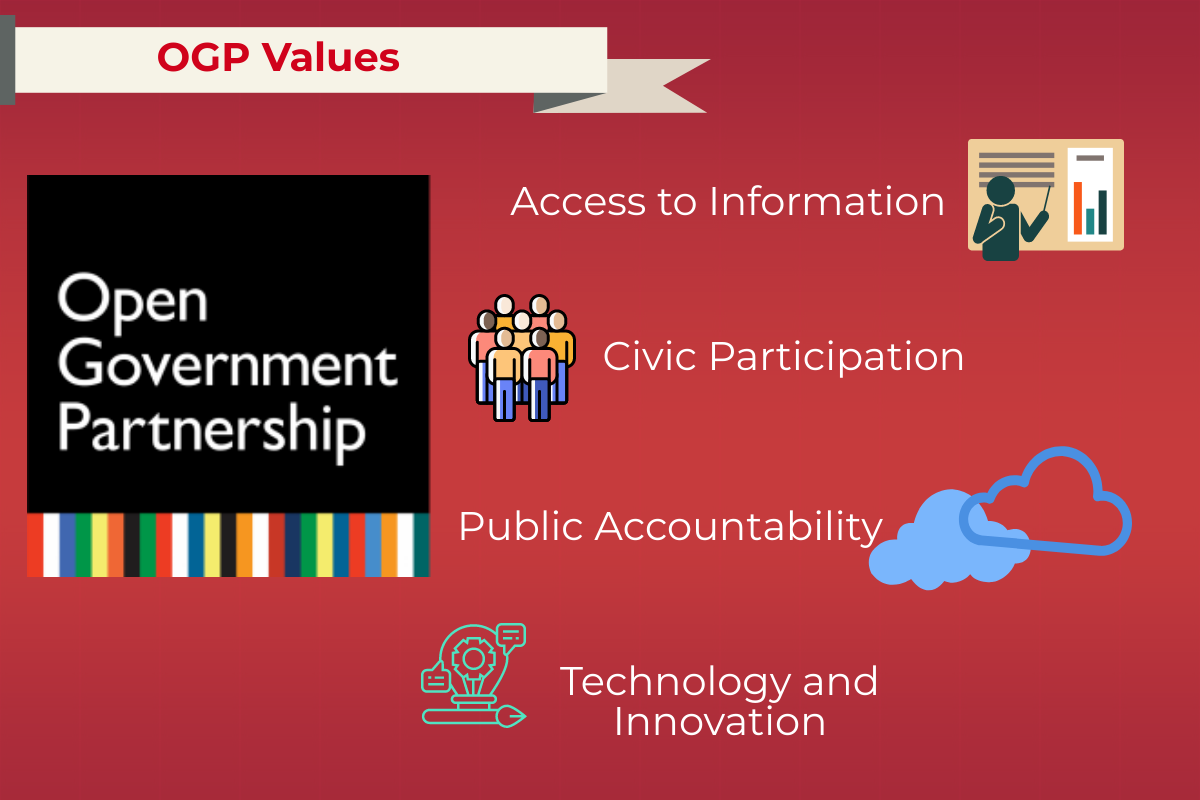In September 2011, the Republic of Armenia joined the Open Government Partnership initiative, which was launched in 2011 by eight governments (the USA, Brazil, Indonesia, Mexico, Norway, Philippines, South Africa, and the United Kingdom)․
The aim of this initiative is to actively contribute to the improvement of the governance system through the active involvement of civil society, to promote its efficiency by increasing the level of transparency, credibility and accountability of state-citizen relations.
“Governments undertake commitment to be more transparent and accountable to citizens. Therefore, not only declaratively, but also undertake a series of commitments, an action plan, which includes the development of policies on various areas of transparency, the implementation of programs,” Ms Marina Mkhitaryan, Kolba Innovations Lab Lead, UNDP Armenia, OGP Regional Program Manager said.
She mentions as an example, “Suppose the government says, from now on I undertake that my draft laws will not just be discussed in the National Assembly, but will be put for public discussion. We know the e-draft initiative, which was one of the most active especially during the last year. it was one of the typical initiatives, commitments that the government has undertaken within the framework of this Open Government Partnership initiative.”
The OGP addresses the challenges that states may face.
Within the framework of this program, in addition to the non-governmental organizations the individuals can present their concerns, programs and proposals as well.
“The issues are being collected; the state sets priorities together with the civil society. As a rule, about 8-10 commitments are included in the action plans for two years,” Marina Mkhitaryan said.
Not only the citizens and the government, but also the countries cooperate within the framework of this program. According to the specialist, this is one of the strongest sides of the “Open Government Partnership” initiative.
“There are ministerial meetings, which are for intergovernmental contacts, so that governments can exchange the effectiveness of programs and exchange experience. There are many mechanisms for civil society organizations, they are regular regional meetings, summits, as well as online contacts on thematic commitments,” Ms Mkhitaryan said.
Each OGP challenge should reflect the following OGP value principles.
- “Public accountability” – creation of visible new opportunities or the improvement of existing opportunities to hold officials accountable for their actions,
- “Civic participation” – improving the ability or capacity of the public to participate or influence decision-making,
- “Transparency/Accessibility of Information” – disclosure of additional information or improvement of the quality of information available to the public,
- “Technology and Innovation for Transparency and Accountability” – the use of technological innovation with any of the other three OGP values to improve transparency or accountability.
It should be noted that the publication has been prepared within the framework of the “Co-creation Support for the 2020-2022 OGP National Action Plan” project implemented by a consortium of 3 Non-Governmental Organizations “Armavir Development Center”, “Armenian Lawyers’ Association” and “Freedom of Information Center” with the support of the “OGP” Support Unit.
Details in the video
















